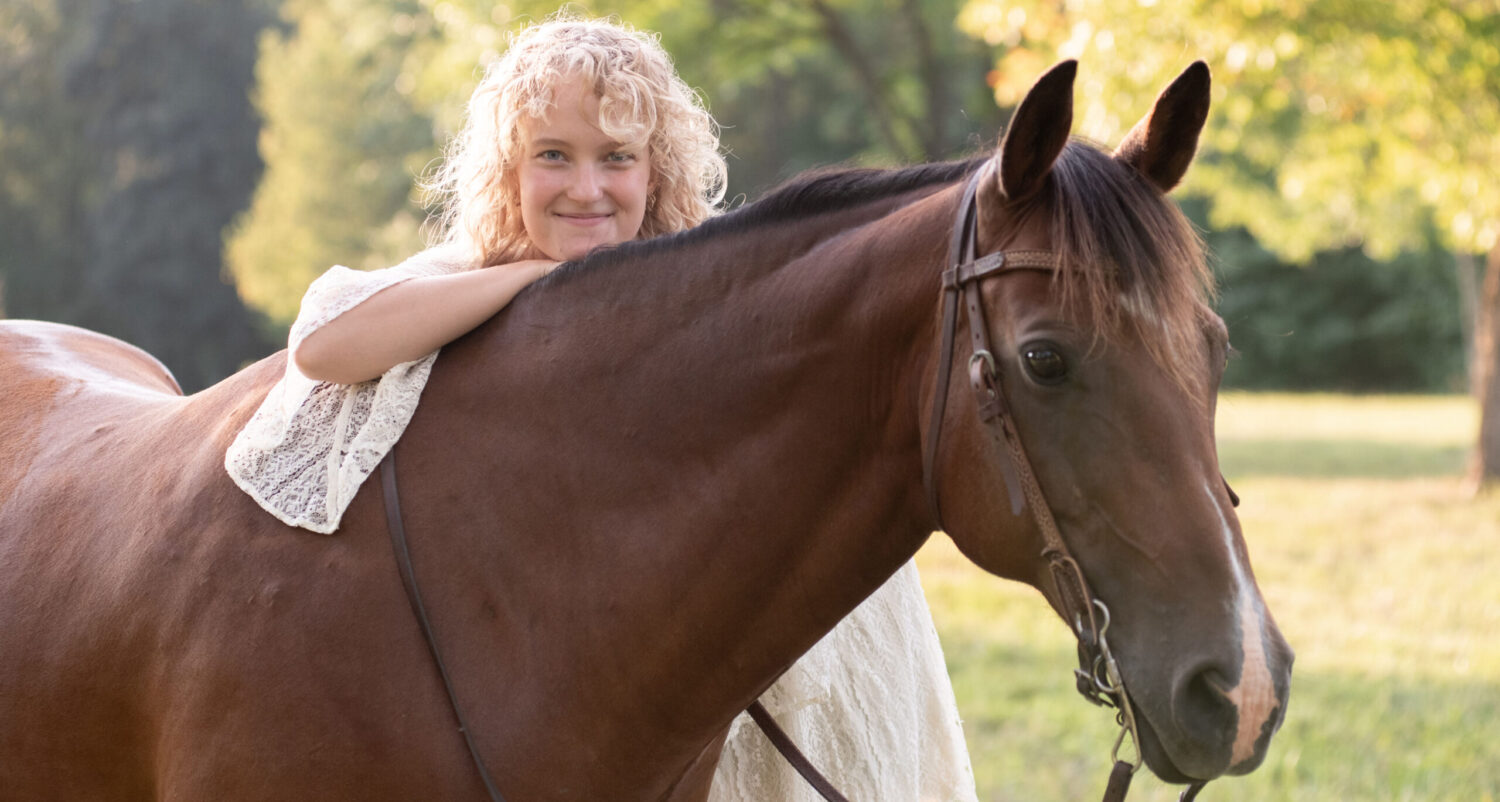Since we’re in the middle of winter, I thought I’d take a break from the discipline spotlight series to focus on something that many people have questions about. Now, everyone has slightly different opinions, but there are some things that are true no matter what. Some of these guidelines may change some due to a horse’s age or health problems!
- To Blanket or Not
This is one that sparks a lot of debate. Generally, if you don’t blanket your horse, he will grow a thick, fluffy coat and be perfectly fine without one. Horses by nature do not need blankets, and will be happy outside, even if it’s cold and snowy – especially if they have access to a lean to or other shelter from the wind. However, the flip side of that is if you blanket your horse as it starts getting cold and/or consistently keep him in a heated barn, he will not grow that winter coat and will be cold. This doesn’t mean that you can’t let him live outside without a blanket next year, but if you start blanketing your horse, you need to keep doing that until it’s warm again. So, whether or not your horse needs a blanket or not is usually entirely dependent on what you do.
- Food
Along with a thick winter coat, eating is one of the primary methods of staying warm for horses. Horses don’t technically have a stomach – they don’t have a place to store food, so they’re constantly digesting as they eat. Digestion creates warmth, so if a horse has free-choice food, he’s constantly digesting, and he keeps himself warm that way. Hay is best, with a supplement of grain if needed. How much hay (and grain if necessary) you need will vary from horse to horse, as well as any additional supplements your horse may need. It’s very important that horses have access to food, especially if they’re outside in the winter!
- Water
If your horses live outside during the winter, you know that ice forms in water very quickly. If it’s a thin sheet of ice, horses will usually just break through with their noses to drink. But, when the ice reforms, it will be thicker, and it can get to be quite a pain to break it for your horses every day. One good solution is to get a heater to put in the tub or trough or bucket – whatever you use. There are heaters that screw into the drain hole of the tub, and there are some that just float on top of the water. However, you usually have to have somewhere for them to plug into. Generally, heaters will keep any ice from forming, and if some does, it’s very little. Horses drink a lot of water, so it’s important to make sure they have some they can easily get to.
- Hoof Maintenance
Usually, if there’s snow or ice on the ground, it will get balled up in horses’ feet – especially if they’re shod. This won’t make them cold or anything, it’s simply uncomfortable – if there’s enough ice in there, they’ll be a couple inches taller than usual! All you need to do for this is at least once a day (or more often if you want), go out and use a hoof pick to get all the ice out of their feet.
There are the basics of caring for horses in winter! I hope there was some good information in there, and let me know if you have any questions!

Thanks for all the great tips in this article! It was really helpful! 😊
I’m glad!